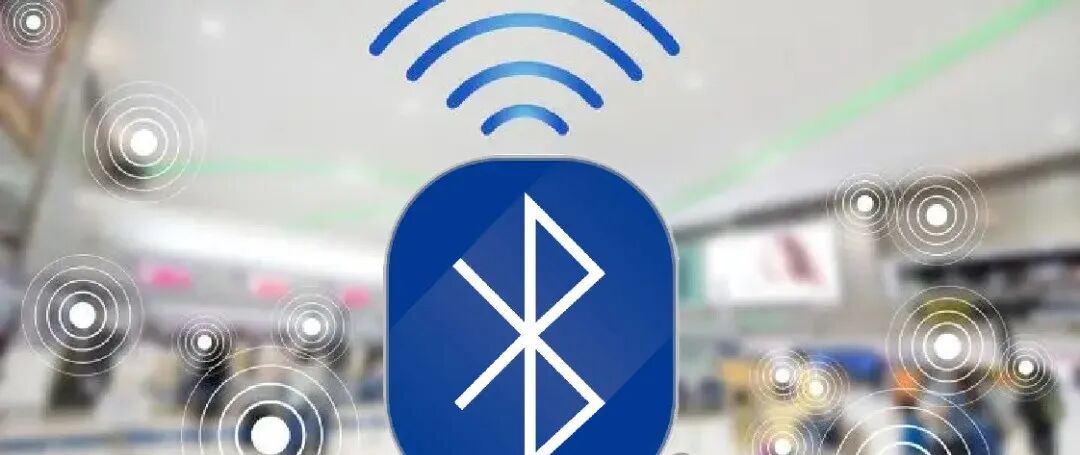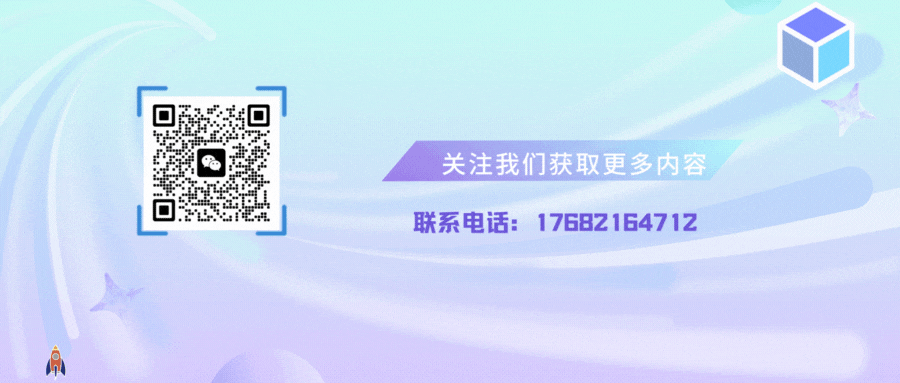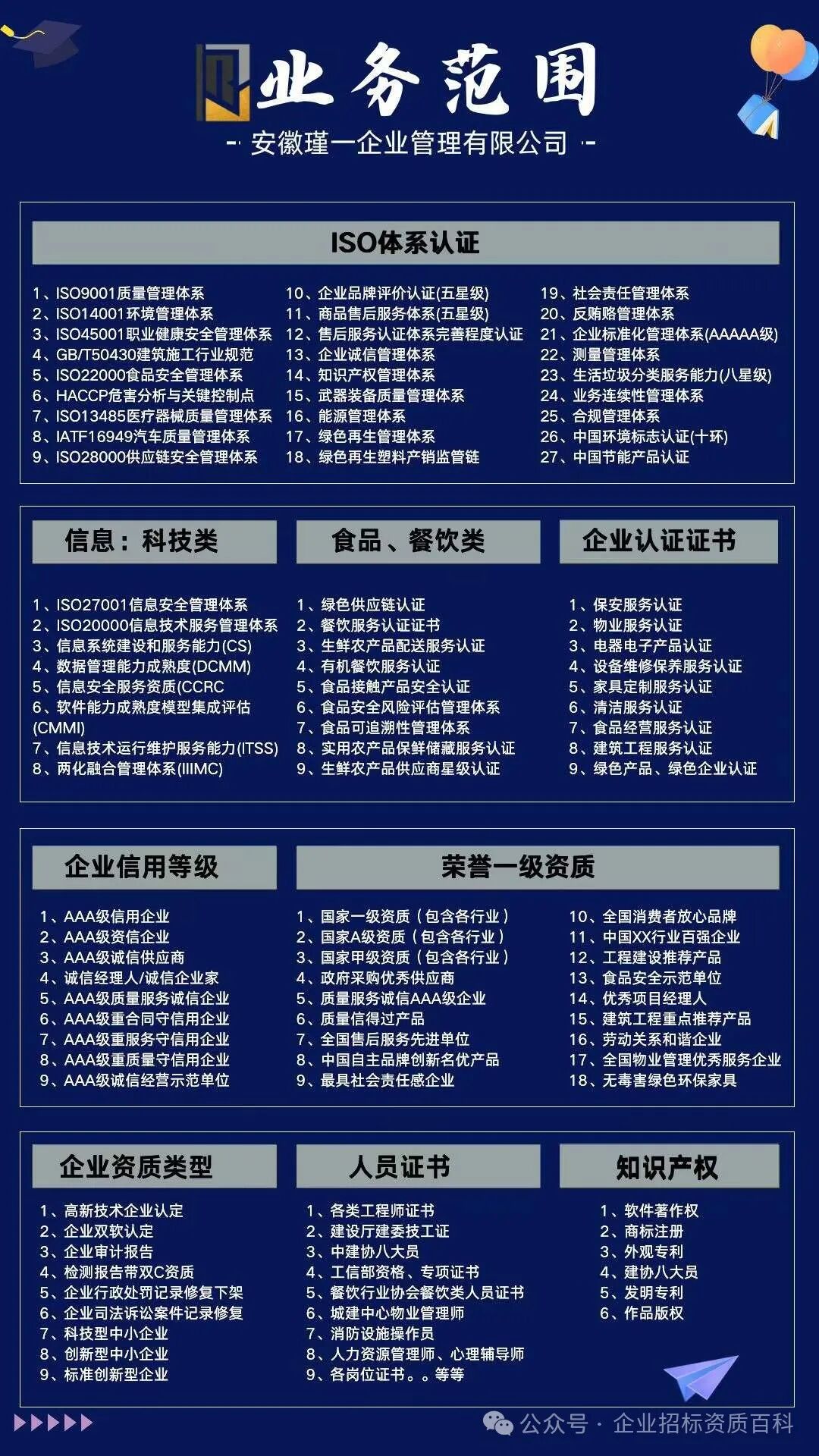 Note: This article contains 1758 words and takes about 3 minutes to read. Due to changes in the public account push mechanism, please star this account to easily access information!
Note: This article contains 1758 words and takes about 3 minutes to read. Due to changes in the public account push mechanism, please star this account to easily access information!
1.Bluetooth headphones and Bluetooth speakers exported to the US require FCC ID certification.
This is a mandatory certification in the US, serving as a safety proof for products entering the US market. Products must obtain FCC certification to be sold in the US. Without FCC certification, customs will not clear your goods. The FCC reviews the samples (or photos) and test data submitted by the applicant, and if they meet FCC rules, an FCC ID number is granted to the device.
2. Bluetooth headphones and Bluetooth speakers exported to the EU require CE RED certification.CE-RED certification is a mandatory certification implemented by the EU for radio equipment, aimed at ensuring that these devices comply with relevant directive requirements, safeguarding public safety and health. This certification requires that radio equipment meets requirements for electromagnetic compatibility, radio interference, and safety. By passing CE-RED certification, products can be legally sold and operated in the European market.3. Bluetooth headphones and Bluetooth speakers are Bluetooth products and must display the Bluetooth logo.
The Bluetooth Special Interest Group (SIG) is responsible for the development of Bluetooth specifications, technical promotion, and qualification certification. Bluetooth SIG owns the Bluetooth trademarks and grants its members free use of Bluetooth wireless technology and its registered trademarks, but corresponding products must pass Bluetooth qualification certification. Only products that have been tested and certified by SIG to meet Bluetooth standards are eligible to be marketed as Bluetooth products; otherwise, it is illegal.

Additionally, the names “Bluetooth”, “蓝牙”, “蓝芽”, and “Bluetooth” are all patented by SIG, and this logo is also a registered trademark of SIG. Only products that have passed BQB certification can obtain permission to use Bluetooth technology, names, and logos. Products that have not passed BQB certification cannot use these names and logos; otherwise, it infringes on SIG’s patents. Currently, SIG has intensified its crackdown on manufacturers that use Bluetooth technology, names, and trademarks without BQB certification.
In 2006, the general manager of Shenzhen Bluebird Technology was criminally detained by the Shenzhen Public Security Bureau for producing and selling Bluetooth products that had not undergone BQB certification, leading to the company’s closure.
In 2008, SIG successfully seized thousands of counterfeit products and components that infringed on Bluetooth wireless technology and registered trademarks during a crackdown on counterfeit actions against Dongzhou Technology Co., Ltd. and Shenzhen Huataixing Electronics Co., Ltd.
On June 21, 2008, during a joint inspection by the Bluetooth Technical Alliance and the Shenzhen Public Security Bureau at Shenzhen Huataixing Electronics Co., Ltd., 5,000 counterfeit Bluetooth mini USB adapters were seized. These products infringed on Bluetooth technology patents and registered trademarks, and the case has been transferred to the Public Security Bureau for further criminal prosecution.
The Shenzhen Public Security Bureau and the Shenzhen Quality Technical Supervision Bureau are actively participating in this crackdown on enterprises involved in infringing or misusing Bluetooth technology and trademarks. The police officer in charge of the crackdown stated: We will do our utmost to combat manufacturers and sellers suspected of infringement and fully protect the rights of brand holders and consumers.
If a product uses Bluetooth functionality but does not display the Bluetooth logo on its appearance, can it avoid BQB certification?
This situation requires specific analysis. For finished products (such as Bluetooth tablets, Bluetooth computers, Bluetooth microphones, etc.) produced, shipped, or sold by enterprises that use Bluetooth functionality but do not display the Bluetooth logo on their appearance, packaging, etc., the following actions are recommended:
1. If the product is shipped or sold to developed countries such as the EU, the US, Canada, Japan, and South Korea, it is recommended that enterprises still obtain Bluetooth BQB certification for this finished product;
2. If the product is shipped or sold to underdeveloped regions such as the Middle East, South Africa, and Indonesia, it may be temporarily decided not to apply; however, it is still recommended to apply for Bluetooth BQB certification for finished products, as customs inspections and SIG inspections are becoming increasingly frequent.
3. Moreover, Bluetooth modules or chips currently sold in the market are generally BQB certified, and it is necessary to confirm whether the Bluetooth module or chip we are using is an END Product and whether it is valid. If both are true, it is still recommended to apply for Bluetooth BQB certification for finished products;
4. Because the cost of applying for Bluetooth BQB certification is not too high now, it mainly involves the DID fee and listing fee for finished product enterprises.
For finished products (such as Bluetooth tablets, Bluetooth computers, Bluetooth microphones, etc.) produced, shipped, or sold by enterprises that use Bluetooth functionality but do not display the Bluetooth logo on their appearance, packaging, etc., the following actions are recommended:
1. If the product is shipped or sold to mainland China, although the product uses Bluetooth technology and does not display the Bluetooth logo on its appearance, packaging, etc., it is still recommended that enterprises obtain Bluetooth BQB certification for this finished product;
2. According to the requirements of the Bluetooth SIG alliance organization, any use of this technology requires relevant certification; however, due to relatively weak domestic supervision, even so, if found by quality supervision departments, it still has a certain impact. Moreover, if enterprises want to build or promote their brand domestically, they cannot avoid the possibility of being audited or inspected, regardless of how little they display the word “Bluetooth” or the logo; any audit or inspection will result in significant economic losses for the enterprise.
3. Currently, the Bluetooth SIG alliance organization and domestic quality supervision departments have business cooperation, so enterprises must pay attention to the use and regulations of Bluetooth.
Jinyi CertificationGood choice ANHUI JINYI For more details, please follow Jinyi:
For more details, please follow Jinyi:





